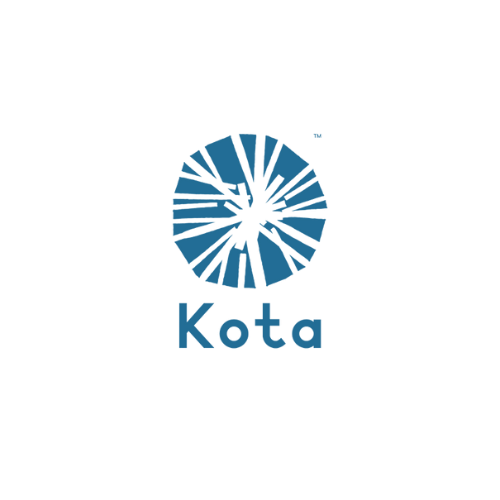Women’s Education – a Virtual Conversation among Kota Partners
By Jaana Rehnstrom
With the pandemic having pushed us along with many others into virtual mode, we decided to pilot a virtual get-together by Zoom for our partner organizations engaged in, or interested in, the education of women and girls. Out of our 60 partner organizations, 19 signed up, and 9 actually were able to log on, most from the New York area, but also one from Sierra Leone; one from California, and due to technical difficulties, some of our African partners were not able to.
Education is empowering, and the organizations utilized it in many different contexts: to teach about women’s rights, peace building, health, financial literacy, job readiness, digital skills, leadership skills for marginalized girls, survival skills for refugees, and equality in the workplace for corporate America. The majority of the challenges related to lack of resources: food and health care are primary, but education is an urgent need which tends to get neglected in emergencies, such as for refugees in camps.
What most of our partner organizations on this call had in common was working with marginalized populations, and faced similar challenges. Mavic Cabrera-Balleza of the Global Network of Women Peacebuilders (GNWP) stated that in addition to a gender divide in education, there is also a digital divide: internet penetration in developing countries is only 19%. COVID restrictions have naturally imposed severe challenges both in developed and developing societies, but remote learning has at least alleviated some of the problems in developed countries. Lack of access to the internet and lack of devices remains a problem also for large sectors of the US population. Narrowing this divide is therefore of utmost importance.
The solutions have been very creative, and the modalities used adapted to the situation. Girl Be Heard, a New York based theater group training teen girls from minority communities to become “artivists” - activists using artistic expression- has pivoted to virtual (ed.note: and in-person theater has been used successfully to educate women as well as entire communities about health related topics and traditional harmful practices such as FGM). Women’s Mentoring Network in Stamford, CT, teaches financial literacy – now virtually - but is adapting and customizing its program based on participant surveys – prior trauma affects how people deal with money! Although Whatsapp and Telegram are now used more widely in many developing countries, pen and paper are still the only possible way to teach in many rural areas. GNWP, has engaged host populations to teach refugees, resulting in work opportunities for the locals and better relations with the refugees. Working in the DRC where less than 20% of the female population is literate, GNWP has managed to engage university-trained students to teach literacy and numeracy simultaneously with financial literacy and microbusiness to women. When these women get connected to seed funding opportunities, it becomes life altering.
